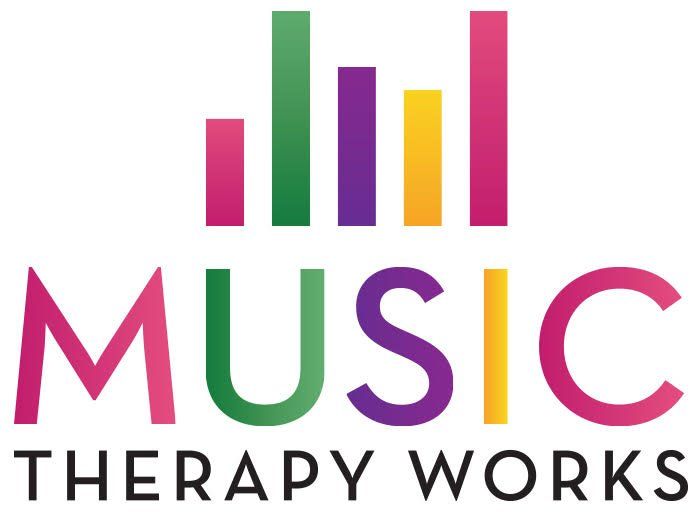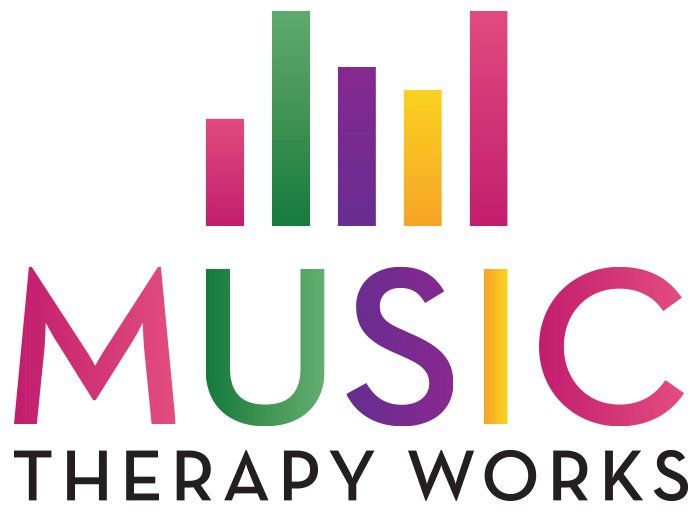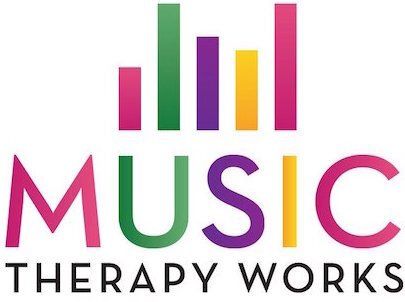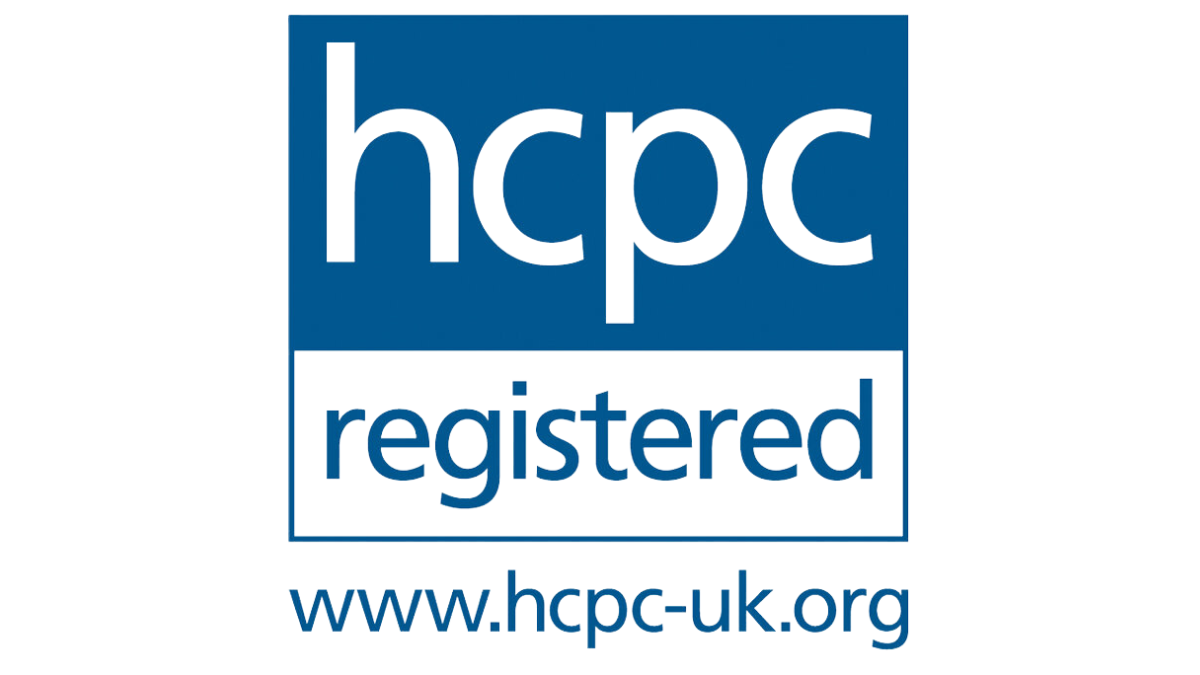Enriching Lives with Music Therapy in Dementia Care
Rekindling connections through music
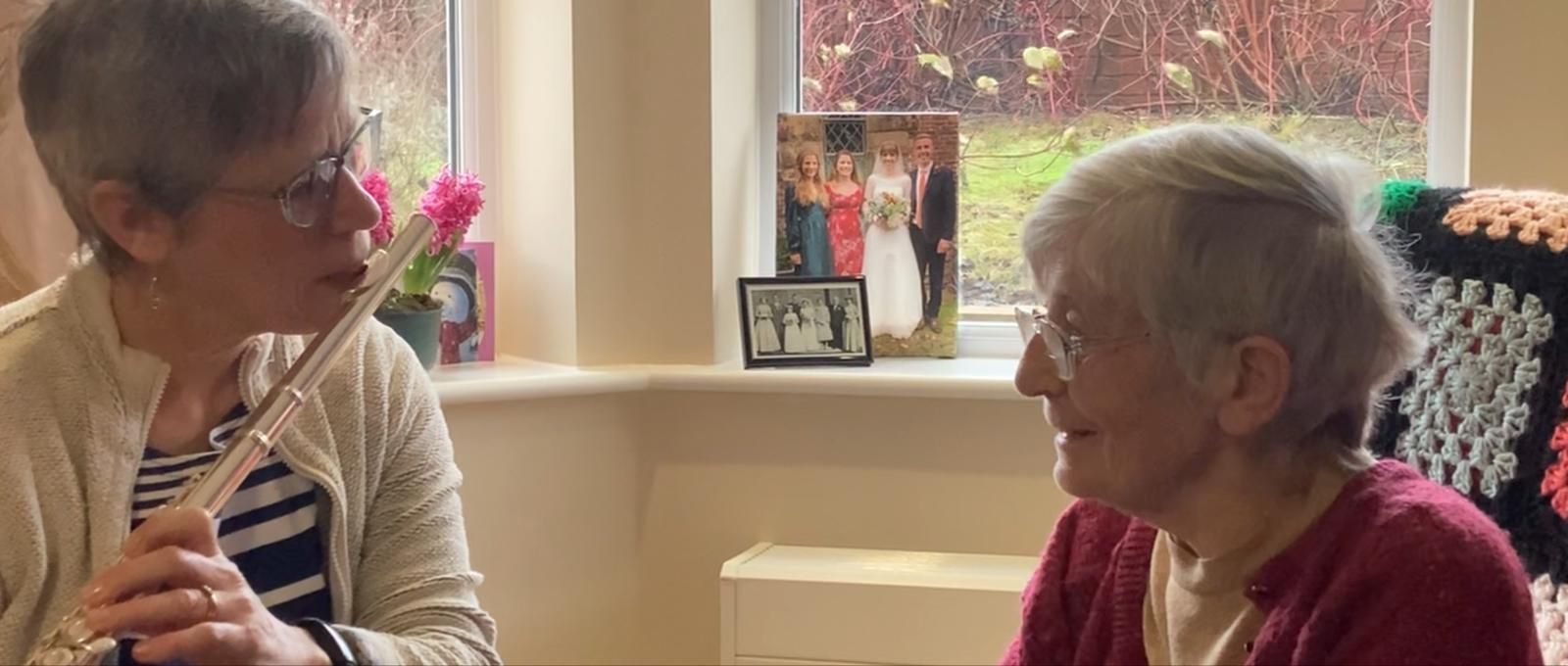
Music therapy offers a unique avenue for connection and expression, particularly beneficial for individuals living with dementia. As dementia progresses, it often distorts the ways a person communicates and interacts with the world. However, music has the power to transcend these limitations, evoking memories, emotions, and a sense of connection that can significantly enhance the quality of life for those affected.
Music as a Gateway to Memory
One of the most remarkable aspects of music therapy is its ability to tap into long-forgotten memories. Familiar melodies and rhythms can trigger the recall of past experiences and emotions, even in the advanced stages of dementia. This phenomenon occurs because musical memory is often preserved in dementia, stored in parts of the brain less affected by the disease. When a music therapist plays a song from someone’s youth, it can transport them back to those moments, allowing them to relive and share memories that might otherwise remain inaccessible.
Evoking Emotional Responses
Music therapy not only helps in recollecting memories but also plays a crucial role in regulating emotions. For many with dementia, the ability to manage emotional responses can diminish, leading to feelings of confusion and distress. Music provides a therapeutic outlet, offering comfort and reducing anxiety. Slow, soothing melodies can help induce relaxation and alleviate agitation, while upbeat tunes can stimulate and uplift spirits, fostering a sense of joy and well-being
Enhancing Communication
As dementia progresses, verbal communication can become challenging. Music therapy provides an alternative means of expression and interaction. Participating in music-making can help individuals with dementia engage with others without the need for words. For instance, rhythmic drumming or singing along to a familiar song can encourage participation and provide a sense of accomplishment and inclusion. Music therapists often use these activities to facilitate non-verbal communication, enabling patients to express their feelings and connect with others around them.
Fostering Social Connections
Isolation is a significant concern for those with dementia, as social skills deteriorate. Group music therapy sessions offer a community setting that fosters social interaction. These sessions are designed to encourage engagement through singing, playing instruments, or even just listening, creating a shared experience that can reduce feelings of isolation. For many, these group interactions are vital, providing regular social contact and the chance to forge new relationships based on shared experiences and enjoyment.
Conclusion: The Transformative Power of Music
The benefits of music therapy for individuals with dementia are profound and multifaceted. It not only enhances cognitive functions and emotional health but also enriches the lives of those affected by helping them reconnect with themselves and their communities. Music therapy provides essential moments of joy, calm, and mutual understanding, demonstrating that even when words are no longer sufficient, music can still speak volumes.
By integrating music therapy into dementia care, we can open doors to a part of the individual that was thought to be lost, demonstrating that the essence of a person remains, and can be reached through the universal language of music.
